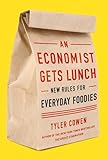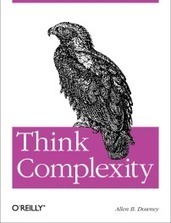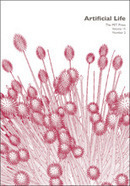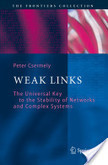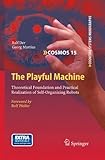One of the most influential economists of the decade-and the New York Times bestselling author of The Great Stagnation-boldly argues that just about everything you've heard about food is wrong.
Food snobbery is killing entrepreneurship and innovation, says economist, preeminent social commentator, and maverick dining guide blogger Tyler Cowen. Americans are becoming angry that our agricultural practices have led to global warming-but while food snobs are right that local food tastes better, they're wrong that it is better for the environment, and they are wrong that cheap food is bad food. The food world needs to know that you don't have to spend more to eat healthy, green, exciting meals. At last, some good news from an economist!
Tyler Cowen discusses everything from slow food to fast food, from agriculture to gourmet culture, from modernist cuisine to how to pick the best street vendor. He shows why airplane food is bad but airport food is good; why restaurants full of happy, attractive people serve mediocre meals; and why American food has improved as Americans drink more wine. And most important of all, he shows how to get good, cheap eats just about anywhere.



 Your new post is loading...
Your new post is loading...
